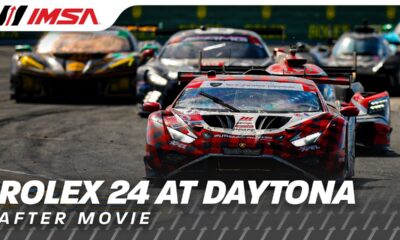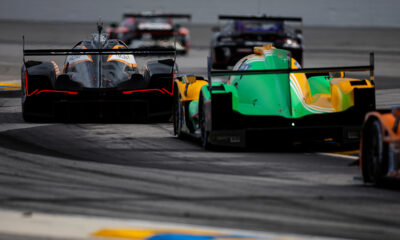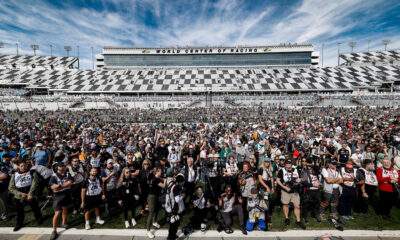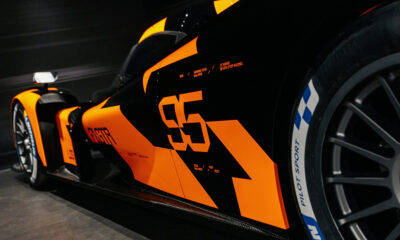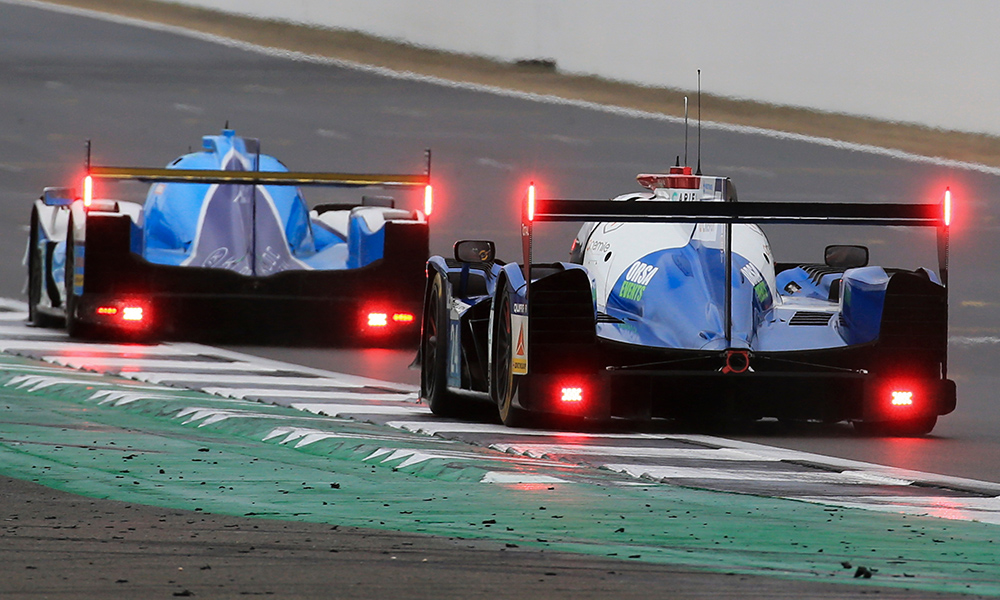
Photo: MPS Agency
The FIA has extended the current LMP2 regulations by an additional year, although cars will face “slightly reduced” performance levels beginning in 2020 due to the rollout of the ‘Hypercar’ class in the World Endurance Championship.
Confirmed in Friday’s World Motor Sport Council meeting in Cologne, current-generation LMP2 machinery will now be eligible through the 2021-22 WEC and 2022 European Le Mans Series seasons, along with continued eligibility in the Asian Le Mans Series.
Previously, the regulations had only been confirmed until the end of the 2020 seasons in global competition and through the 2021 running of the 24 Hours of Le Mans in the case of the WEC.
While being extended, LMP2 cars will be slowed in the wake of the Hypercar class, which will have reduced performance levels compared to the soon-to-be-defunct LMP1 class.
A 3:30 per lap target at Le Mans, in race conditions, has been outlined for hypercars, meaning current-gen LMP2 cars will see a slowdown, rumored to be in the form of a RPM limit restriction.
“The ACO and the FIA agree that adjustments to performance levels will play on parameters that do not affect chassis homologation. Engine power is the most likely candidate for modification,” a statement from the ACO read.
Friday’s announcement does not impact the eligibility of LMP2 machinery in the IMSA WeatherTech SportsCar Championship, which still remains through the end of the 2021 season, per an IMSA spokesperson.
Hypercar Regulations Receive Final Approval
The WMSC, meanwhile, has also formally approved the Hypercar rules, which are now under a single set of regulations, with sections specific to each type of car.
Both prototype-based and road-going hypercars will be permitted to compete in the top class beginning next season, with Toyota and Aston Martin so far the only confirmed OEMs.



















